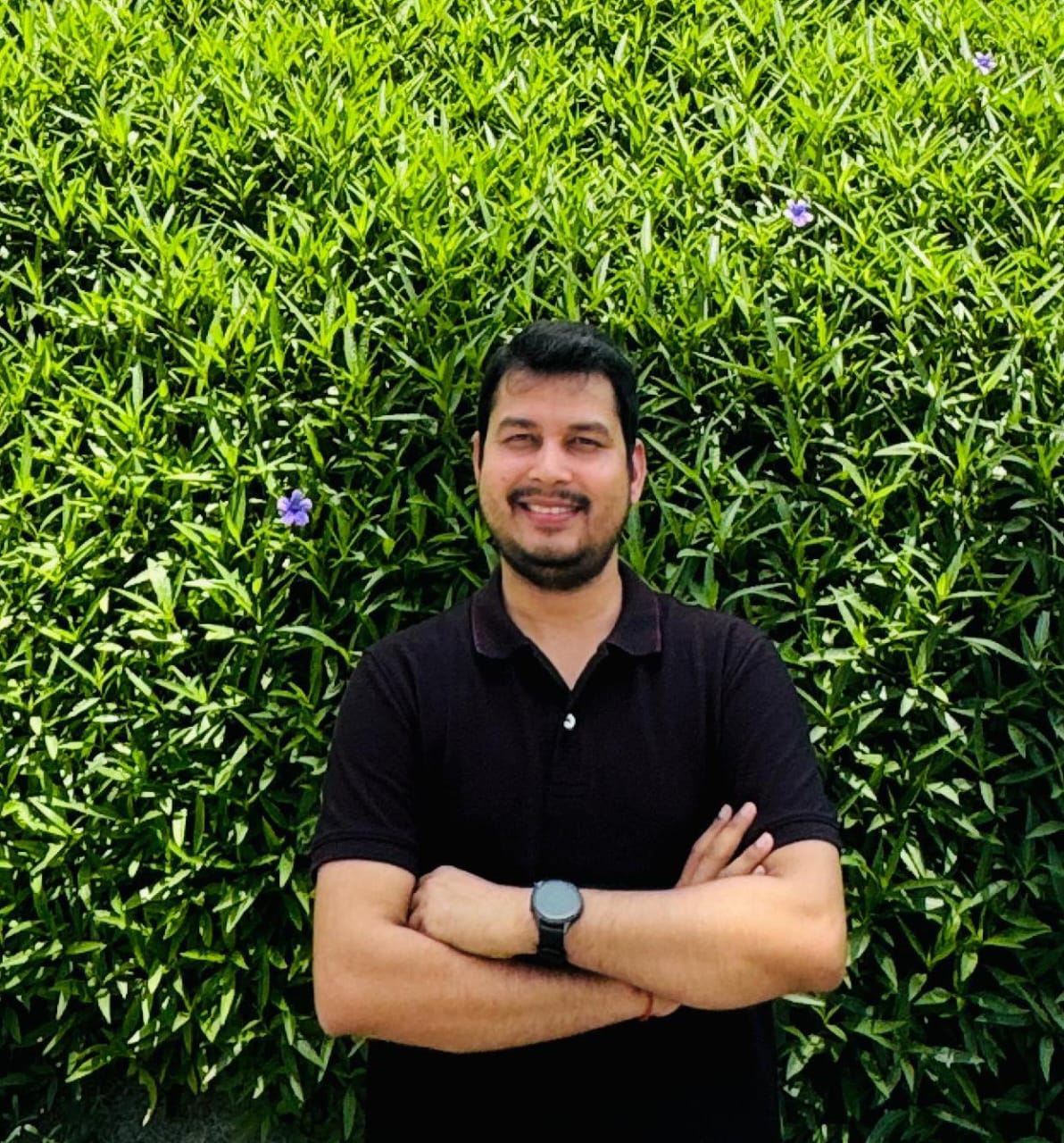Kaushal Kumar Maurya

I am a Postdoctoral Research Fellow in the Natural Language Processing Department at the Mohamed bin Zayed University of Artificial Intelligence (MBZUAI). My research interests lie at the intersection of Artificial Intelligence and Natural Language Processing, with a particular focus on Large Language Models (LLMs) for education, multilingual language technologies, and the development of responsible and ethical NLP systems.
I am interested in developing language-based computational models and tools that advance social good and enhance equitable access to technology. I believe that benchmark performance often fails to capture real-world impact, as it overlooks users’ prior knowledge and context. My work emphasizes theory-grounded approaches that integrate insights from cognitive science, linguistics, and learning research to guide model development–moving beyond data-driven methods alone.
I completed my PhD in the Department of CSE at IIT Hyderabad, India, under the supervision of Dr. Maunendra Sankar Desarkar. I actively collaborate with Microsoft India, working with Dr. Manish Gupta and Dr. Anoop Kunchukuttan. During my PhD, I spent three wonderful summers interning with the Microsoft Translate, Microsoft Auto-Suggest, and Nvidia AI teams.
Current Research Interests
Educational NLP
Education is a foundational pillar of societal development, yet we still lack high-quality educators and education, especially in economically marginalized regions or countries. Current language models present an opportunity to bridge this gap. However, it remains unexplored whether they can truly serve as effective AI tutors or tutor co-pilots for long-term learning. Tutoring is inherently at the conversational level—can these models imitate complex interactions like a human?
Selected Papers:
Unifying AI Tutor Evaluation: An Evaluation Taxonomy for Pedagogical Ability Assessment of LLM-Powered AI Tutors (NAACL 2025)
Pedagogy-driven Evaluation of Generative AI-powered Intelligent Tutoring Systems (AIED 2025 - BlueSky Track)
Multilingual NLP
Despite over 7,000 languages spoken globally, NLP research remains largely English-centric, overlooking the needs of millions who are not primary English speakers. Most state-of-the-art language models cover only a few hundred languages, with the vast majority being low-resource languages that lack sufficient digital representation. Can we harness semantic, lexical, and typological similarities between low- and high-resource languages to enable native-language applications? Can linguistically informed, low-resource methods facilitate effective cross-lingual transfer for underrepresented languages?
Selected Papers:
SelectNoise: Unsupervised Noise Injection to Enable Zero-Shot Machine Translation for Extremely Low-Resource Languages (EMNLP 2023 - Findings)
Meta-XNLG: A Meta-Learning Approach Based on Language Clustering for Zero-Shot Cross-Lingual Transfer and Generation (ACL 2022 - Findings)
Responsible NLP
The rapid advancement and widespread deployment of LLMs present challenges around safety, alignment, and social responsibility. These models can hallucinate, reinforce biases, or produce outputs misaligned with human values. How can we detect such socially unacceptable behavior? How can we develop safer and socially aligned models?
Selected Papers:
DAC: Quantized Optimal Transport Reward-based Reinforcement Learning Approach to Detoxify Query AutoCompletion (SIGIR 2024)
DQAC: Detoxifying Query Auto-completion with Adapters (PAKDD 2024)
News and Updates
- May 2025: Featured in the official MBZUAI Blog on Tutors of Tomorrow. Checkout the Blog!
- May 2025: Serving as Session Chair for the Multilinguality and Language Diversity track at NAACL 2025.
- May 2025: Won the SAC Award for the Resource and Evaluation Track at NAACL 2025.
- Apr 2025: Position paper on AI Tutor Evaluation accepted at AIED 2025 (Blue Sky Track).
- Mar 2025: Co-organizing the BEA Shared Task 2025. Participate here: CodaBench